All Stories
-
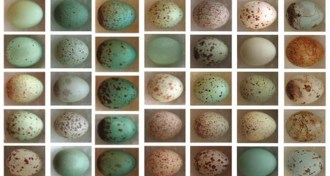 Animals
AnimalsUnpredictable egg scramble throws off parasitic parents
Eggs of some species of warbler and weaver birds appear to have individual signatures, which can help distinguish them from the eggs of parasitic cuckoos.
-
 Health & Medicine
Health & MedicineRehab for psychopaths
Psychopaths often don’t fit movie stereotypes, but they share particular characteristics. New research shows that, contrary to popular thought, cognitive behavioral therapy can help some psychopaths stay out of prison.
By Bruce Bower -
 Astronomy
AstronomyDistant galaxy may contain primeval stars
A stockpile of the first generation of stars might be lighting up gas in a galaxy that existed roughly 800 million years after the Big Bang.
-
 Animals
AnimalsWith Tasmanian devils gone, possums come down from the trees
In areas where Tasmanian devils have largely disappeared, their prey is becoming more adventuresome, a new study finds.
-
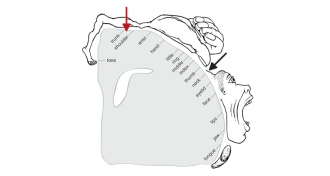 Neuroscience
NeuroscienceHomunculus reimagined
A new study pinpoints the part of the brain that controls the neck muscles, tweaking the motor homunculus.
-
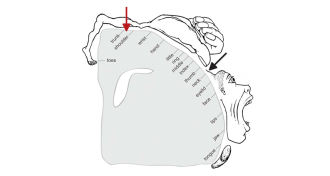 Neuroscience
NeuroscienceHomunculus reimagined
A new study pinpoints the part of the brain that controls the neck muscles, tweaking the motor homunculus.
-
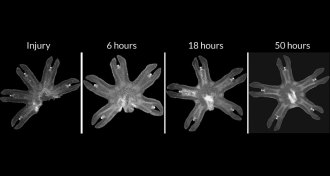 Animals
AnimalsMoon jellies muscle their way to recovery
Symmetrization, using rapid muscle movements to repair body symmetry, is the go-to healing mechanism for the limbed stage of moon jellyfish.
-
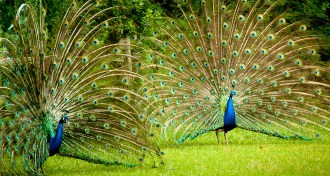 Animals
AnimalsMale peacocks keep eyes low when checking out competition
Eye-tracking technology shows peacocks barely gaze at the full height of other males magnificent eyespot feather spreads.
By Susan Milius -
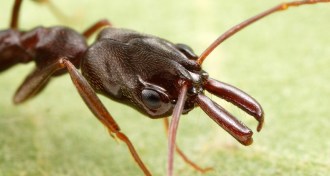 Animals
AnimalsHow a trap-jaw ant carries a baby
Powerful jaws make the Odontomachus brunneus ant a skilled escape artist.
By Susan Milius -
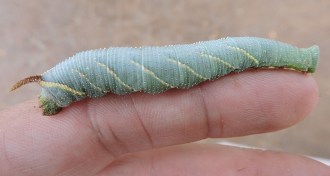 Animals
AnimalsWhy whistling caterpillars scare birds
Caterpillars that whistle when birds peck at them may be giving phony avian warning calls.
By Susan Milius -
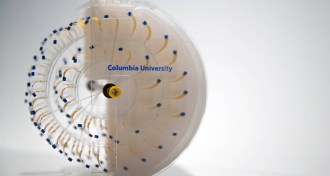 Microbes
MicrobesSpore-powered engines zoom ahead
Engines that run on the dehydration of bacterial spores can power a tiny car and an LED.
By Beth Mole -
 Health & Medicine
Health & MedicineAntibiotics an alternative to surgery for appendicitis
Doctors could abandon routine surgery for uncomplicated cases of appendicitis, a new study suggests.
By Meghan Rosen